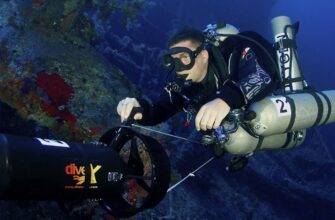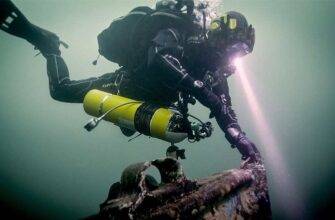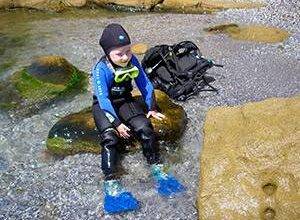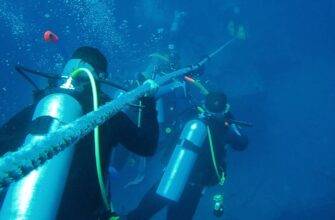Some people get a natural hold-breath reflex when they first experience scuba diving. This reflex must be eradicated. The lungs can be damaged by holding your breath even with the slightest changes in pressureIt is therefore extremely important to maintain breathing continuity while scuba diving, even at depth.
Barotrauma of the lungs is one of the hardest injuries associated with scuba diving, however, it is the easiest to avoid. Just never hold your breath while scuba diving.
Other air cavities usually don’t cause trouble when surfacing.
Sometimes a sensation of pain and discomfort in the ears and sinuses occurs when surfacing due to a phenomenon called a backward block.
Reverse blocks are quite rare and usually occur during a dive when the air passages are reduced or when underwater medications to restore their permeability have ended. To avoid a backward block, never dive with a cold and do not use medications before diving.
Gases formed in the stomach or intestines during diving can also cause discomfort by expanding on surfacing. This is rare and can be easily prevented by avoiding gassy foods before diving. Air swallowed during surfacing can also cause discomfort, so it is best not to swallow air while scuba diving.
There is a low probability of an air cavity back block under a poorly placed filling or filling in a tooth in which fracture is ongoing. Such a backblock, like a squeeze inside the tooth, is easily prevented by having regular checkups with your dentist.
If you feel discomfort when surfacing due to expanding air – in your ears, sinuses, stomach, intestines or teeth – you should slow down or stop surfacing, sink a meter and allow the accumulated air to be released. If you are suffering from excruciating or frequent back blocks, see a medical professional who treats illnesses that are related to scuba diving. Think about insurance.
Read More:




